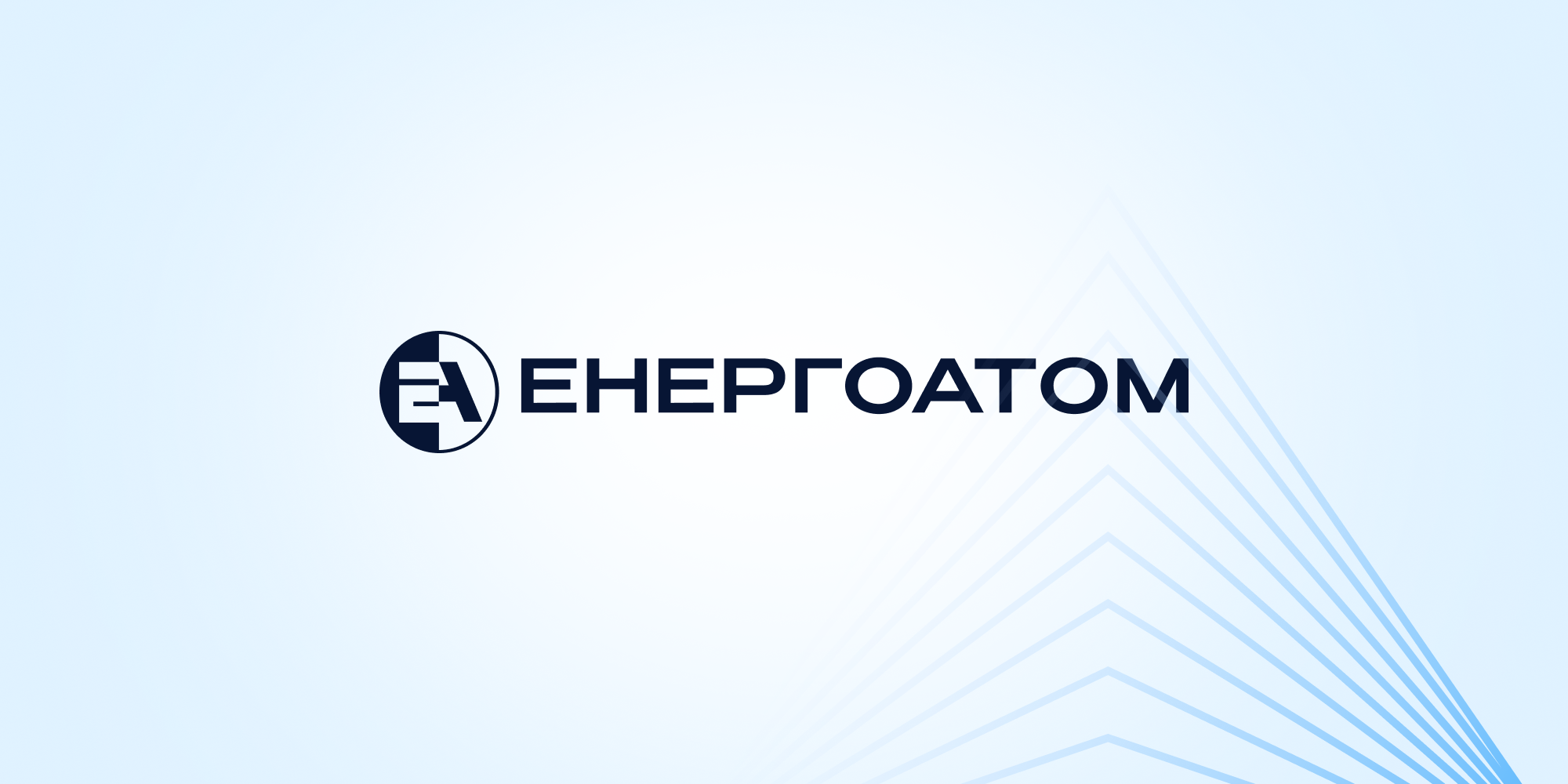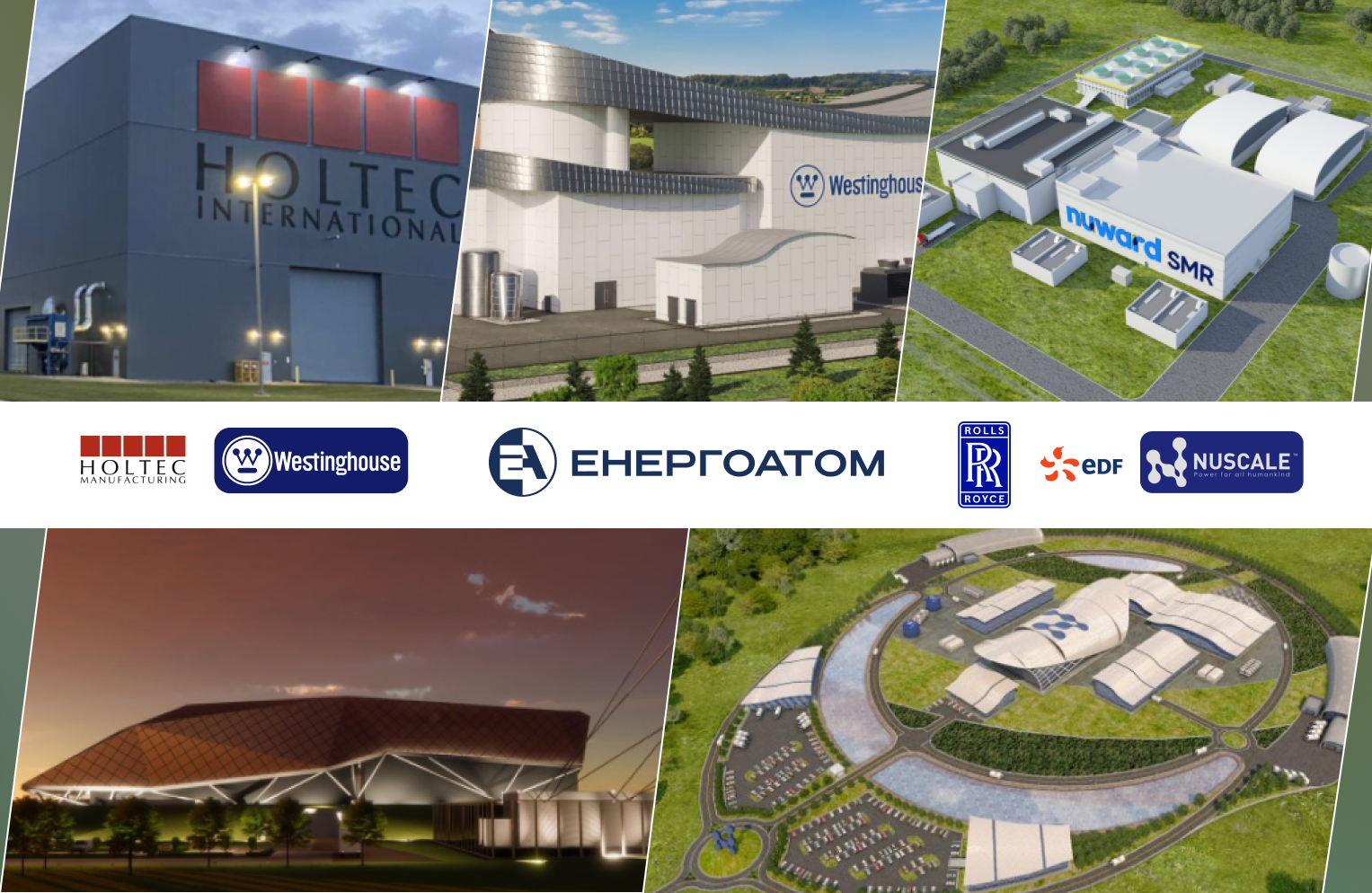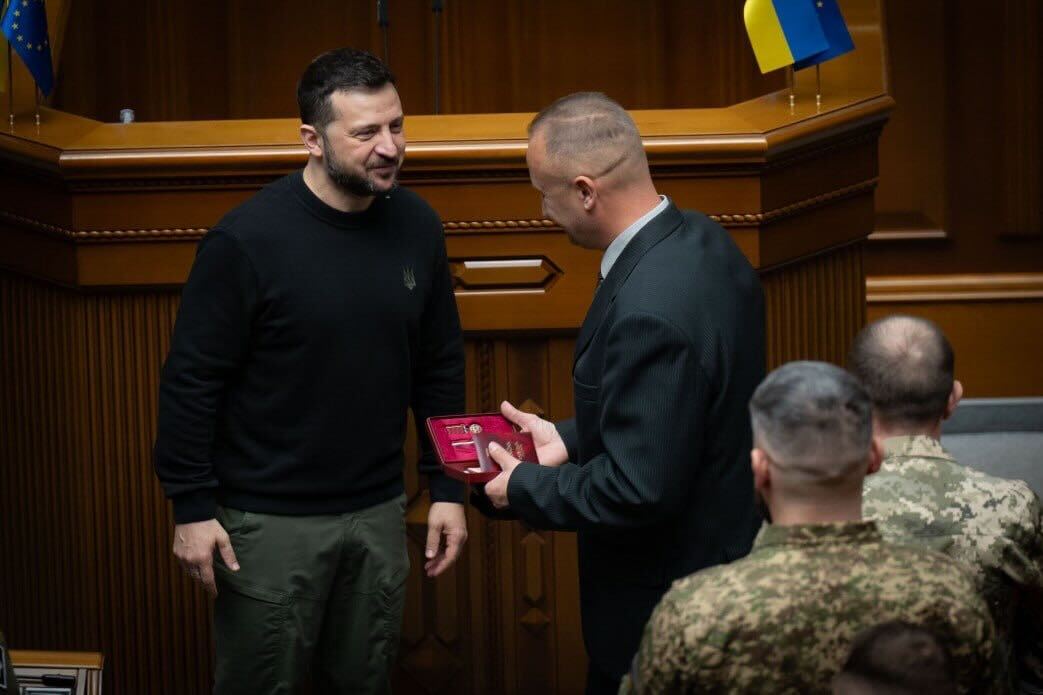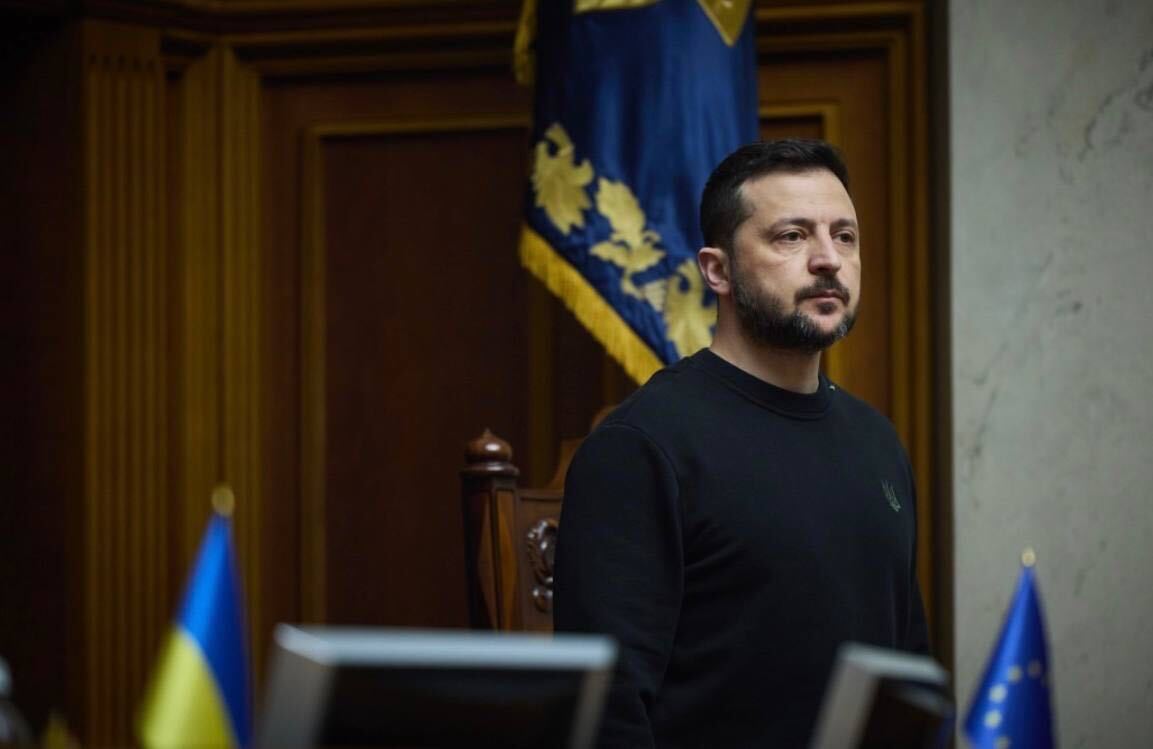21.03.2024
Ukraine is Developing Nuclear Power Despite the War

Despite the ongoing wa Ukraine continues to develop its nuclear energy sector, preparing to build new nuclear power units. The construction of the first of these units, based on the AP1000 project, is planned by the company "Energoatom" for this current
However, this is not the only development project that "Energoatom" is overseeing. Notably, a significant achievement was the launch of domestic nuclear fuel production for VVER-440 reactors, breaking the monopoly of the Russian market in this segment. This project was also implemented in collaboration with partners from Westinghouse, and moreover, within a very tight timeframe.
The Ukrainian energy sector faced numerous challenges in 2023, but importantly, it managed to maintain stable nuclear electricity production. This allowed not only to overcome the threat of blackouts in the country's regions but also to keep tariffs for the population low.
The most acute problem remains that the largest nuclear power station in Europe, Zaporizhzhia NPP, is still under the control of Russian occupiers. Their actions constantly threaten Ukraine and neighboring countries with nuclear and radiation disaster. According to experts, including international ones, the station has already experienced eight blackouts, equipment is degrading, and staff work under pressure and fear of abuse and torture.
"Energoatom," along with international organizations, continues efforts to liberate ZNPP from occupation and fully transfer control of the station to the Ukrainian side.
Even having effectively lost the capabilities of Zaporizhzhia NPP, "Energoatom" nevertheless demonstrates dynamic development and continues to produce more than half of the total volume of national electricity.
"Energoatom" continues to adapt to operating during the military conflict. Major efforts are directed towards ensuring the safety of nuclear facilities within the territory controlled by Ukraine. It manages to continue electricity generation amid constant threats of shelling, mass attacks, and potential disconnections from the power grid. This experience in managing nuclear power plants under wartime conditions is absolutely unique globally.
Thanks to nuclear energy, Ukraine has managed to maintain the lowest electricity tariffs in Europe for the population - approximately 8 cents per kilowatt-hour. Despite the shelling of the country, social transformations, active combat operations in the east and south of the country, "Energoatom" has managed to significantly increase revenues. In 2023, such growth amounted to about 30%, and over the period from 2020, it increased fourfold.
Additionally, "Energoatom" generated an extra 4.9 billion kilowatt-hours of electricity worth about half a billion dollars. This helped Ukraine get through several critical periods without power outages. Meanwhile, the company states that hostile information-psychological operations aimed at discrediting "Energoatom" have intensified over the last year. Russians are trying to destabilize the critically important energy complex.
In 2023, "Energoatom" made a series of steps that collectively represent a technological and at the same time political breakthrough. It's about refusing to cooperate with the Russian side in the field of fuel and component supplies for reactors. Thus, Ukraine became the first among a dozen countries operating Soviet-Russian standard VVER reactors that managed to sever commercial contacts with the Russian state corporation "Rosatom". This became possible thanks to the cooperation of "Energoatom" with international companies Westinghouse Electric Company (Cranberry Township, Pennsylvania) and Holtec International (Jupiter, Florida).
The production of spare parts, components, and other materials previously imported from the Russian Federation is now organized in Ukraine and partner countries. Instead of Russian nuclear fuel, fuel from Westinghouse is now used.
Moreover, Ukraine plans to meet half of its nuclear fuel needs by 2026. The country has already organized the production of components for fuel assemblies, namely tails and heads for fuel cartridges.
Together with the company Holtec, a centralized spent nuclear fuel storage facility for three Ukrainian NPPs was constructed and put into full operation in 2023. Previously, such radioactive fuel was sent for storage to Russia with corresponding payment for the service. Furthermore, "Energoatom" and Holtec planned to build a factory in Ukraine for manufacturing special containers for spent nuclear fuel.
According to the acting CEO Petro Kotin, "Energoatom" and the Ukrainian government declare the goal of increasing nuclear capacity by one and a half times: from the current 13.8 GW to over 20 GW. In the coming years, the construction of new power units №5 and №6 at the Khmelnytsky NPP using Westinghouse AP1000 technology, as well as the completion of the construction of power units №3 and №4 at the same NPP, is planned. There is also a plan to deploy a network of small modular reactors and so-called microreactors.
For this, "Energoatom" has already carried out a significant volume of pre-design and design work, and signed the necessary equipment supply contracts.
Regarding small modular reactors, "Energoatom" and Holtec decided to build a factory in Ukraine for the production of the main equipment for such reactors. This factory will support construction in Ukraine, and later is expected to become a hub for exporting this technology.
Ukraine is also capable of supplying itself with raw material for nuclear fuel – uranium concentrate, as it is mined in the country itself. From this raw material, companies Cameco Corporation (Saskatoon, Canada) and Urenco Group (Stoke Poges, Great Britain), according to contracts, will manufacture enriched uranium hexafluoride for use at NPPs.
In 2023, the corporatization of "Energoatom" was completed, turning the company into a joint-stock company. Now, the formation of the Supervisory Board is underway. These steps are expected to improve management efficiency.
Therefore, the active work on the development of nuclear energy in Ukraine is, at least, noteworthy. Considering the complex factors related to the war, the efforts of the local operator and the Ukrainian government in this direction can be highly evaluated. It should also be noted that major international companies, in fact, consider the risks acceptable and continue to develop joint projects with Ukraine.
MORE NEWS

Energoatom is deploying small modular reactor technologies in Ukraine
22.11.2024

Today, Ukraine celebrates the Day of Dignity and Freedom
21.11.2024

Volodymyr Zelenskyy decorated SUNPP employee with a state award
20.11.2024

Volodymyr Zelenskyy: “Nuclear generation is an obvious priority in the energy sector”
19.11.2024


 UA
UA





